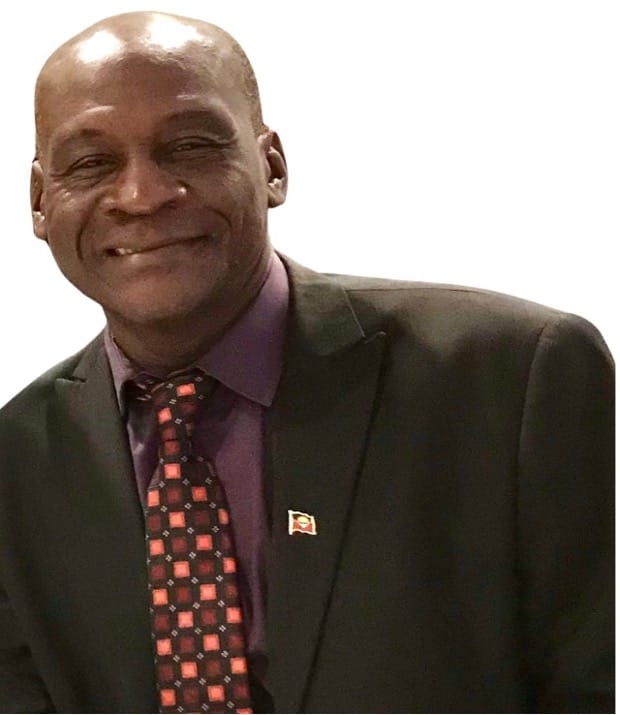In the aftermath of natural disasters like Hurricane Melissa, therapists, counselors, pastors, psychologists, psychiatrists, wellness coaches, and psychotherapists emerge as the unsung heroes, offering emotional support to countless survivors. However, these caregivers often carry the hidden weight of collective trauma, absorbing the pain of others while neglecting their own well-being. Research highlights that secondary traumatic stress and compassion fatigue can diminish the empathy and resilience that define their profession. Addressing the mental health needs of these helpers is not merely a luxury but an ethical, emotional, and professional imperative.
The journey to healing begins with intentional self-care. Trauma psychology emphasizes that sleep, nutrition, physical activity, and hydration are not mundane routines but vital biological interventions for emotional recovery. Self-care should be redefined as sacred stewardship rather than selfish indulgence. Professionals are encouraged to incorporate ‘pause points’ into their weekly schedules—moments for prayer, mindfulness, silence, or nature walks—to regulate their overstimulated nervous systems. Group check-ins and reflective supervision sessions can normalize vulnerability and reinforce the idea that healing is a communal process.
Peer-to-peer counseling and group debriefing sessions are equally crucial. These forums allow helpers to address personal challenges, whether related to family, finances, illness, or grief, in a supportive environment. Studies in positive psychology and organizational resilience demonstrate that sharing emotional burdens with trusted colleagues accelerates recovery from crisis work. Structured debriefings, story circles, or virtual ‘listening cafés’ provide safe spaces for open dialogue, fostering empathic witnessing and collective therapy. These shared rituals strengthen psychological resilience and dissolve feelings of isolation.
Creativity also plays a pivotal role in healing. Music, art, journaling, and storytelling can transform vicarious trauma into meaningful experiences. Neuroscience confirms that creative expression activates restorative neural pathways, alleviating anxiety and emotional exhaustion. Faith leaders might compose reflections or poetry on resilience, while clinicians could participate in expressive arts or reflective writing groups. By rediscovering beauty amid brokenness, healers are reminded that hope is a powerful form of resistance.
Ultimately, sustaining others requires helpers to embrace their own humanity. Self-compassion, born of experience, is essential. In the wake of Hurricane Melissa, caregivers must be afforded the grace to weep, rest, and recover. As the Caribbean rebuilds its physical and emotional foundations, its healers must also reconstruct their inner well-being. Tending to oneself ensures that the lamp of service remains lit for others.
About the Author: Dr. Oswald Thomas is a distinguished clinical psychologist with over three decades of experience. He serves with the New Jersey State Department of Health and Addictions and Long Island City Psychotherapy Services. Recognized for his contributions to mental health and suicide prevention, Dr. Thomas integrates faith, science, and human resilience to help individuals and institutions thrive amid adversity.
